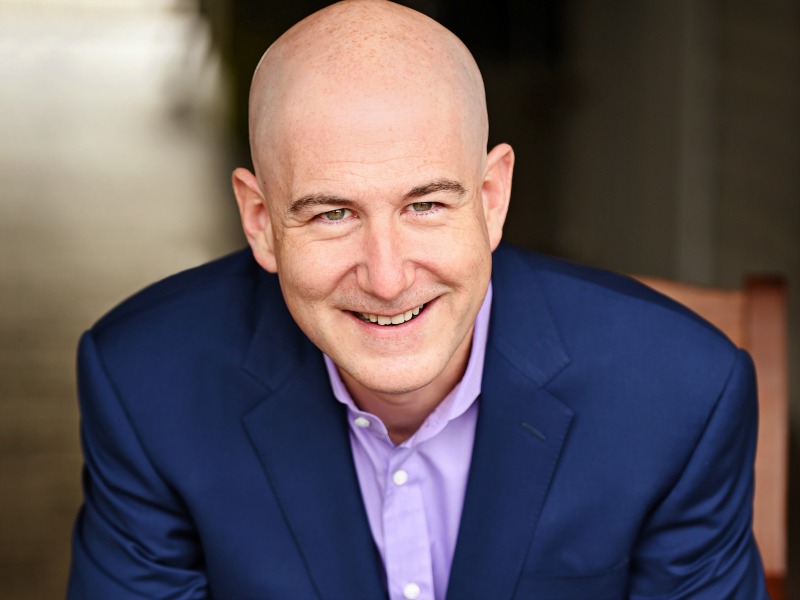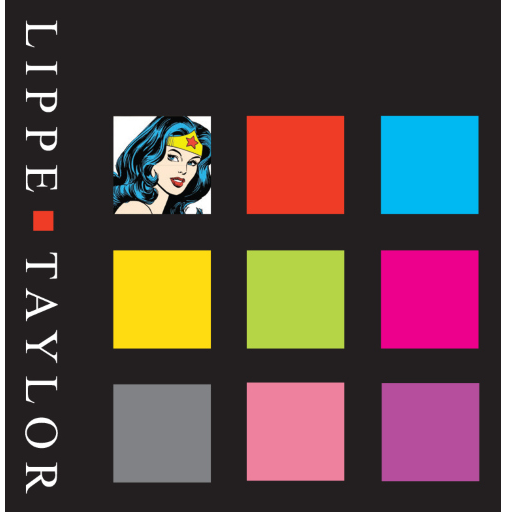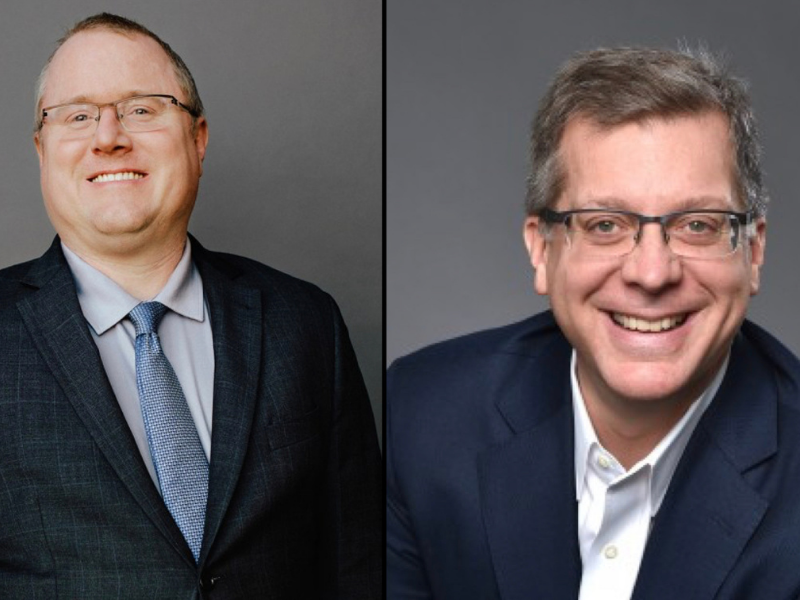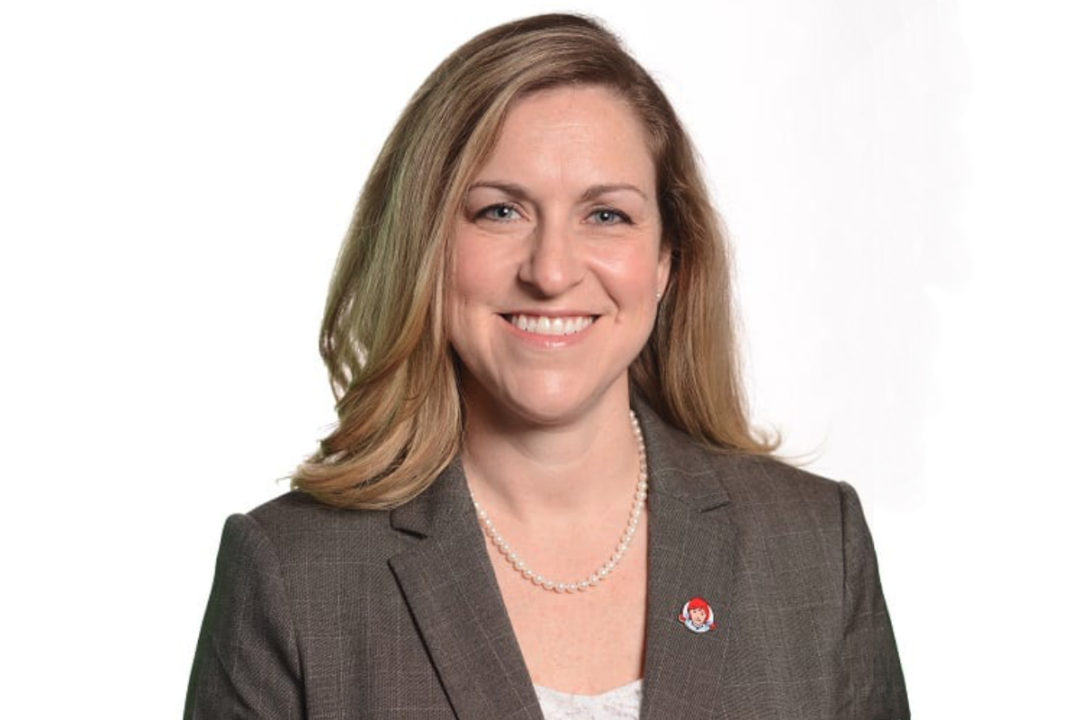Lippe Taylor 02 Nov 2021 // 5:45PM GMT

After a 30-year agency career that included notable stints with Edelman and WE Communications, Alan VanderMolen was named Chief Communications Officer at CPG giant SC Johnson last year. Alan oversees both internal and external communications at SC Johnson, reporting to CEO Fisk Johnson.
In this wide-ranging conversation with Lippe Taylor CEO Paul Dyer, Alan delves into the importance of trust, keys to revolutionizing sustainability practice, the importance of internal comms, advice for aspiring leaders, and what it was like joining SC Johnson at the height of the pandemic.
Feel free to read the conversation below or listen to it on Lippe Taylor’s DAMN GOOD BRANDS podcast below
Below are some key takeaways from this conversation with Alan.
-
Trust is a must. Alan is often quoted for saying “Trust is evolving into a core competency for business.” From his perspective, today’s brands need to treat the notion of trust with as much reverence and focus as they would typical communications pillars like reputation and promotion.
-
Don’t try to change the past. Alan states that “Trust is the expression of how stakeholders believe you're going to behave in the future” and emphasizes how reputation is a rear-view mirror and the sum of perceptions about past performances. From this angle, Alan finds it to be fruitless to try and change past perceptions via reputation management; focusing on the trust you build in the future is a much more fruitful endeavor.
-
Define sustainability in terms your customers understand. SC Johnson takes sustainability very seriously at both macro and micro levels. Alan believes the key to sustainable change happens at the community level, which is why it's incumbent on brands to effectively communicate sustainability practices in terms customers can relate to. Phrases like “carbon neutral” and “zero emissions” mean a great deal to corporations, but to most people they’re jargon. SC Johnson leads with concepts like “a waste-free world” and showcases what this means on a community level with initiatives at sporting events so they can remain relevant and relatable to local communities. These are the keys to lasting change as opposed to one-off CSR initiatives.
Paul Dyer: Alan, you joined SC Johnson in March of 2020, which is an auspicious month in the history of the world. What was your first order of business?
Alan VanderMolen: I hit the ground and came into the office on my first day and was sent home immediately. A) because our facilities were closed, and B) because I was put into quarantine. You learn very quickly how important a human connection is, and you learn how to make human connections for as long as you need to, without being face-to-face. The importance of humanity and the importance of being face-to-face are two things that really struck me and have stayed with me.
PD: It's a good reminder that humanity is at the core of everything we do in communications, but also as leaders of teams. This new job was also a big change for you as a long-time agency leader making the move to the corporate side. Do you think there's a common thread to people making this switch now?
AV: The environment for communications has changed so much in the last five to seven years, in particular, with the decline of mainstream media and the rise of social and the need to really understand the media ecosystem, and understand creating what I'll call “branded content” that's engaging. I think that in-house departments, by and large, missed the front end of that trend and therefore weren't driving as much innovation as they needed internally. Big corporations are looking inside the agency world now because that's where the innovation's happening.
PD: Yeah. As you said, a lot has changed in the last five years. As you look at the next five years, what are the things you're looking at that you want to sharpen up on, learn more about?
AV: I'm obsessed with branded content and the ability to create it--in as close to real time as possible, in a way that engages with a specific audience, and in a way that travels across the media ecosystem. I'm really focused on bringing in-house creative that's based on insights and analytics, and then starting to master the movement of branded content across the ecosystem in a very deliberate fashion. I think that, both on the agency side and in-house, the departments or the companies that can bring a level of sophistication and mastery to that are going to add a lot of value to their clients or to their organizations.
I think we're also going to see a rebounding of the importance of quality editorial. Because it's been beaten so badly and so driven by partisanship that there's going to be a hunger for verifiable facts, verifiable editorial. And then the amplification value of that across corporate channels is going to grow exponentially.
Also, my good friend Cory at Google told me, “You're going to be amazed how much time you spend on internal communications.” And he was absolutely correct. I think that the contemporization of internal communications is another thing that I'd look to accelerate in the coming few years.
PD: Yeah, and you landed in that role on month one of the pandemic. I have to imagine that internal was a large part of it.
AV: We've learned a lot along the way. I think sharing key learnings with peers is really important. Being able to pick up the phone and talk to other CCOs has been really valuable.
PD: Most people are familiar with SC Johnson as a family company and corporate entity. I'd love to hear your thoughts on the role of the corporate brand as it relates to the products, and whether that's providing air cover or a foundation or platform for the product brands as well.
AV: I think there's a symbiotic relationship between the corporate brand and product brands and vice versa. The corporate brand broadly sets a trust agenda and broadly establishes trust with a wide range of stakeholders. And I think product brands need to live up to the corporate brand, as well as provide proof points for what the corporate brand is saying.
In our instance, our purpose is a family company at work for a better world. And we've got four parts to that. A more sustainable world, a more transparent world (as it relates to ingredient transparency), a healthier world, and a world with more opportunity. And we provide, from a corporate level, those broad four pillars of trust. Our brands try to ladder up to what the corporate brand has set out. It's a symbiotic relationship and one can't thrive without the other. Those two things need to be in sync.
PD: I appreciate your emphasis on trust. You've been quoted as saying, "Trust is evolving into a core competency for business. Businesses need to be less worried about managing their reputation and more worried about managing the trust they have with their key stakeholders." Do the other executives that you interact with on a regular basis understand the importance of trust, and understand trust versus reputation?
AV: I think in a theoretical framework, yes. To make that practical, you have to have a shared definition, and that trust is the expression of how stakeholders believe you're going to behave in the future. If a potential employee trusts you, they believe you're going to pay them a fair wage, that you're going to have an inclusive environment, that you're going to give them opportunities to grow and succeed, those kinds of things.
The same goes for consumers, they believe that the claims you make about your product are true. They believe that the product is priced in a way that provides value. And they believe that if something goes wrong with the product or the brand, the company's going to be there to back it up. Therefore, they will purchase it.
I think that reputation is a rear-view mirror. It's the sum of perceptions of past performance. And there's an intersection between reputation and trust that's moving in real time. But the companies that are going to be successful are those who are managing relationships with stakeholders, real people, real groups, real communities. You're wasting your time if you, as a department or as an agency, are selling reputation management, because you're trying to change the past.
PD: SC Johnson is certainly a leader when it comes to protecting oceans and limiting the amount of plastic that the company generates. You announced recently that you had stopped your 1 billionth bottle from ending up in the ocean! What is the role of sustainability when it comes to the overall business strategy today?
AV: Businesses and governments both would be well served by just trying to demystify sustainability. I think that consumers, by and large, understand that sustainability is good. But what we're trying to do is really make sustainability relatable and relevant for consumers and for all stakeholders. At SC Johnson, our vision is to drive a waste-free world. That means that anything that we put out in the environment, we want to make sure that it is capturable, it is recyclable, renewable, reusable. And we want to help communities and consumers contribute to that waste-free world.
Certainly there is a very big issue with plastic waste. Only eight percent of plastic waste in this world ends up in a recycling stream. The rest of it ends up in landfill, or in our oceans. The consumer packaged goods industry must acknowledge that they're a significant part of that problem, and they must start to address that through driving any number of things--innovation in packaging, reusable packaging, concentrated products, those kinds of things--as well as trying to capture the plastic that's out there, and get it into closed-loop recycling, so you extend the life of that packaging. So, those are some of the things that we're working on.
PD: Another thing that you've spoken a lot about in the industry is big-R Relevance, which is certainly different from reputation, which you defined as being more of a rear-view mirror. How would you draw that distinction for us? What does Relevance mean today, and how should senior communications leaders be thinking of it?
AV: Well, let's go back to sustainability. A lot of companies are making moonshot statements that are not very relevant to a consumer. So, for instance, carbon neutral by, insert the date here. But what does that mean to a consumer? I would suggest that's not particularly relevant to a wide consumer audience. So, our approach to that topic is trying to find relevant language, like “waste-free world,” and translate that into things where consumers can understand what we're doing. We've got three pilot sponsorships we're working on with professional sports teams. Here in Wisconsin, our home state, we’re working with the Milwaukee Bucks and the Milwaukee Brewers. And we just signed a global sustainability partnership with Liverpool Football Club in the United Kingdom.
That's a global sponsorship where we focus on making sustainability relevant by putting local programs in place that start at the facility of the teams to make recycling easy, make capturing plastic waste easy so we can get to a waste-free, let's say, sporting facility, and then a waste-free community. And hopefully, the geography of those waste-free efforts gets wider and wider. So, those are the kinds of things we're doing to try to make the language human, to make the language very understandable, and then translate it into things that consumers can do at home.
The environmental issues we're facing need systemic solutions, they need policy and infrastructure solutions, they need product and manufacturing/innovation solutions, and they also need consumer awareness, education and relevant solutions so everyone can work together. So, really, we're spending a lot of time and effort to try to make these things Relevant, with a capital R, for you, no matter where you live.
PD: You've obviously had a very successful career. For the people who are listening here today, thinking about what they should do in terms of skills they should develop, professional acumen that they should hone--what advice would you give them? What things should they do to better themselves as they aspire to follow a similar career path?
AV: I think there’s a very simple question to ask yourself: “Is what I’m doing right now, this very second, having a positive impact on my client's business?” It's a very, very simple question. And if you can answer that question, “Yes,” you should do more of that. If the answer is “No,” then you’d better stop doing that and do something else.
Also, I would say, never get tired of learning. And, for goodness sakes, get out there and meet the people that you're trying to influence as human beings, even though we're very data-driven. You have to know people as human beings and what they react to, and know how to communicate with them across cultural lines and geographic lines. At the end of the day, be curious without being a pain in the ass. I think that's really it.
PD: I love it! Alan, I really appreciate all the straight talk, all the insights. I think that people are really going to appreciate hearing from you. So thank you for your time and for sharing your wisdom.
AV: It's my absolute pleasure. I think you guys are doing terrific work. I love my friends at PRovoke Media and it's really good to be plugged back in. So thanks for your time and interest here, I appreciate it.


































.jpg)














